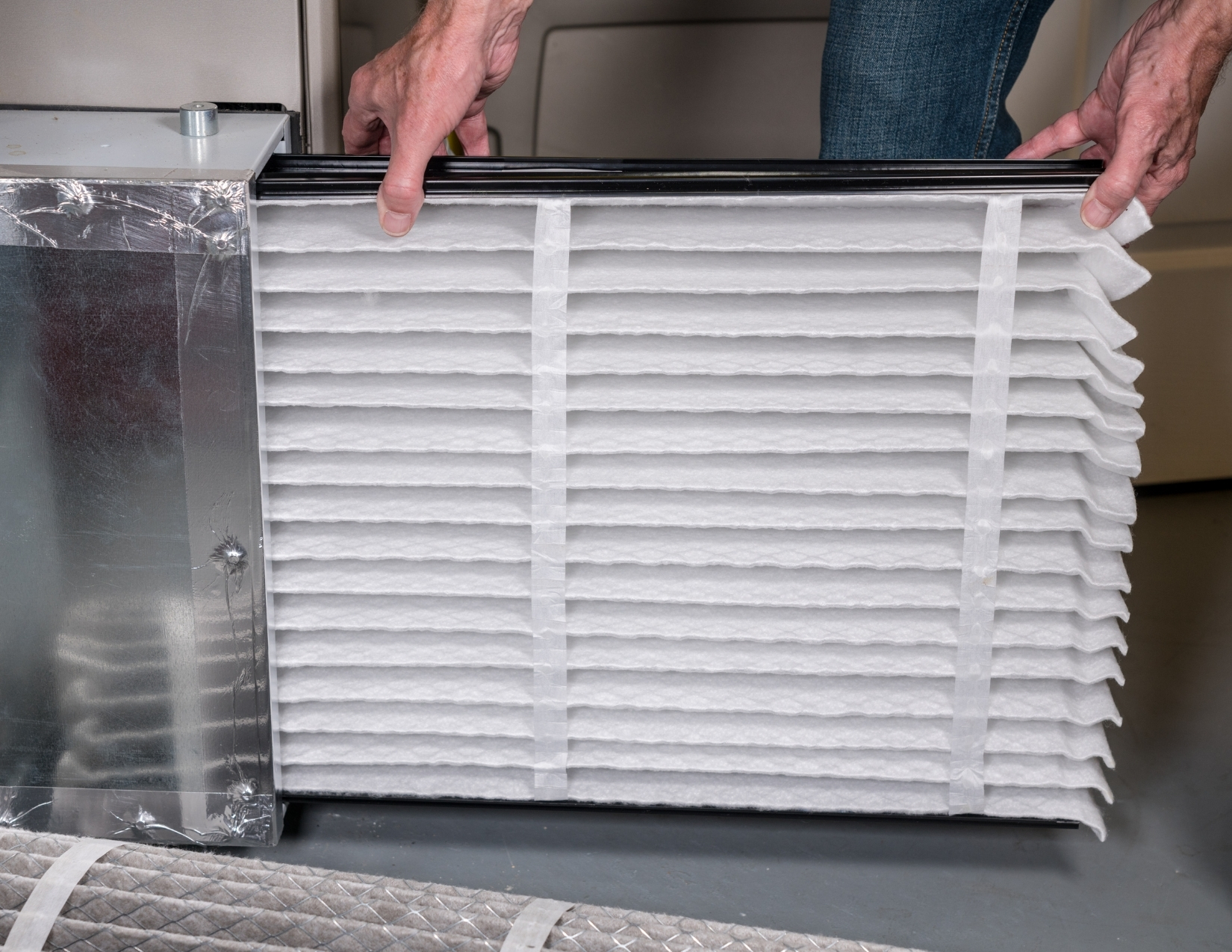
Radon: What is It and Why Should You Care?

What is Radon?
Radon is an odorless, colorless gas emitted from the soil. It is formed from the breakdown of uranium, a heavy metal, and radium, a radioactive metal. Radon rises up from the soil and often permeates homes which causes a serious health risk.
Why is radon dangerous?
Radon is the number one cause of lung cancer in non-smokers and the second leading cause in smokers. The Minnesota Department of Health estimates that 21,000 people die from radon exposure in the United States each year.
Minnesotans have an especially high risk of having radon in their homes. In fact, Minnesota has a radon level three times higher than the U.S. average. It is estimated that more than two out of every 5 homes have higher than normal radon levels.
How does radon enter a home?
Radon is usually pulled into a home due to the differences in pressure between the inside air and outside air. Typically, radon enters a home through cracks in the concrete slab, floor-wall joints, a crawl space, or an open sump pit.
What can be done?
The Minnesota Department of Health recommends having your home tested for radon. The test is performed by a licensed professional and is unique depending on the foundation of your home. If the radon levels detected are above 4 pCi/L (picocuries of radon per liter of air) you should have a mitigation system installed. Mitigation systems generally cost about $1,200 to $2,500.
What happens if I sell my home?
Minnesota does not require radon testing in order to sell your home. However, if you previously had a test done, you are legally required to disclose the radon levels to potential buyers.
Bottom Line
Radon is a harmful gas that can result in serious health problems if exposed for too long. If you are worried about high levels of radon, have your home tested by a professional and install a mitigation system.














